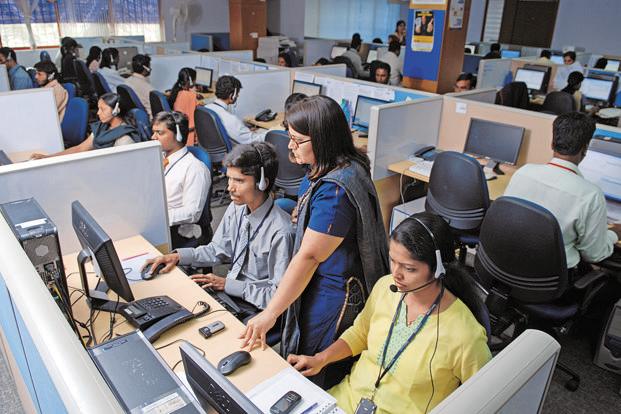RIO DE JANEIRO, BRAZIL – The worsening of the Covid-19 pandemic in Brazil pushed the services sector deeper into contraction in April, with output at a 9-month low, according to the Purchasing Managers’ Index (PMI) survey.
Brazil’s services PMI fell to 42.9 in April from 44.1 in March, marking the largest contraction in output since July 2020, though less pronounced than the losses seen at the start of the pandemic.

Companies that reported a reduction mentioned, according to the survey by IHS Markit, business closures, restrictions, and an increase in coronavirus case numbers, taking the index further below the 50 mark that separates growth from contraction.
With manufacturing close to stabilizing, contraction in services pushed the Composite PMI on private sector activity to 44.5 in April from 45.1 the preceding month, the fourth straight decline, and the sharpest contraction since June 2020.
A faster decline in service sector activity in April largely reflects tougher restrictions to stem the recent surge in Covid-19 cases. Confidence also worsened across all segments, with businesses increasingly concerned about the pandemic’s escalation and how long they will face tougher controls,” said IHS Markit Associate Director Pollyanna De Lima.
Demand for services continued to worsen in April, with the fourth straight month of a decline in new businesses and at the strongest pace since the mid-2020s. As with output, sales fell in all five monitored sub-sectors – in both cases the picture was worse in Consumer Services companies. International demand also deteriorated, with respondents citing less tourism and tighter restrictions against Covid-19.
As a result, companies continued to cut jobs at the start of the second quarter, for the fifth consecutive month and at the strongest pace in this period. Higher prices for food, fuel, and personal protective equipment were also reported, leading to higher costs in April with an unfavorable exchange rate.
The inflation rate was one of the strongest since data collection began in March 2007, and companies chose to pass on some of this increase to customers. The rate of sales price inflation was above the long-term average.
The spread of the coronavirus, which led to Brazil being considered the epicenter of the global pandemic, also restrained business optimism in April, with the level of positive confidence reaching a 10-month low.

